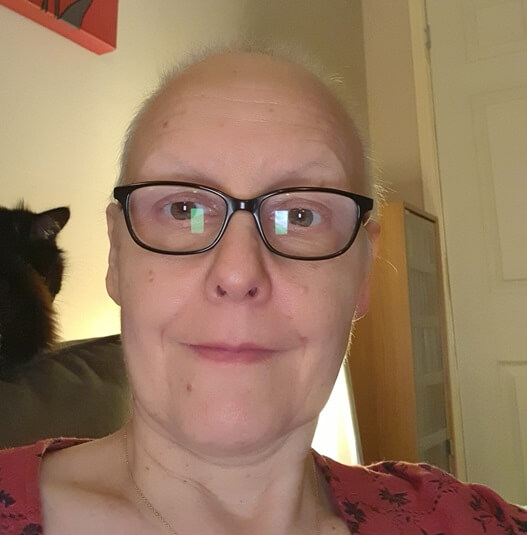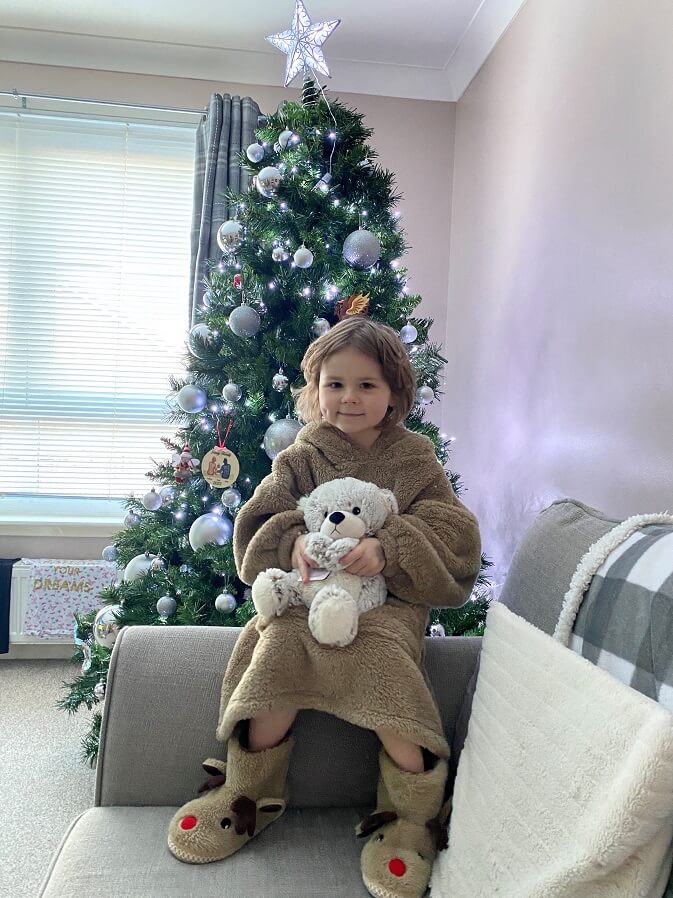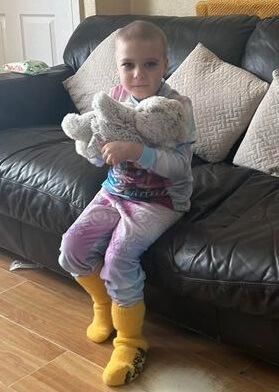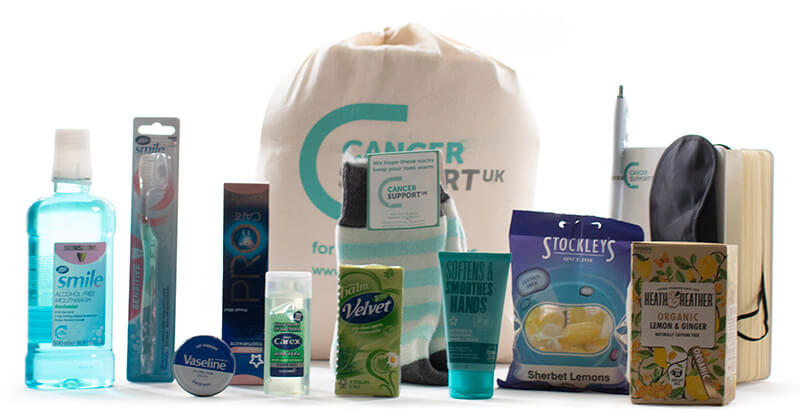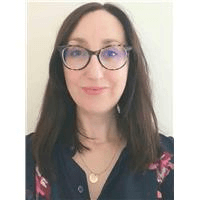
Catherine Oinenon is a qualified Workplace Cancer Support Ambassador
Catherine Oinenon is a qualified Cancer Support UK’s Workplace Cancer Support Ambassador. She has lived experience as a cancer patient, which gives her a unique perspective on the needs of those living with or beyond a cancer diagnosis in the workplace.
“I was 31 years old, had a decent job and was newly married. I had plans to develop my career, start a family and travel. I always think back to that year when we had to press the pause button on everything because of cancer. The word cancer stings, it’s a shock, but hearing it being said to both of my parents turned everything upside down when they were both given a terminal diagnosis. My husband, and I moved in with them so that I could become their full-time carer. I’m not saying it wasn’t hard, it was incredibly hard, but I learnt so much from that time, that it set me on the path to where I am today and how I feel about cancer.
“Fast forward ten years and both my sister and I (ironically) were both diagnosed with cancer within months of each other. Aged 41, I now had a job I loved, a daughter, a home and was looking forward to the next phase of my life. I found a cancer diagnosis scary, I panicked but more than anything I felt frustrated, as I had things that I wanted to do…I didn’t have time to have cancer nor did I want to be that person who now had to rely on the kindness of others, put my life in someone else’s hands and become less independent.
“Being a cancer patient really opened my eyes. There were times when somebody would say something to me or expect something of me and I would cringe, because I knew as a carer that I had heard myself say or do the same things to my parents. People expected me to go off work, in fact I was encouraged to by family, friends and medical professionals. But I wanted to work, I wanted to keep things as normal as possible and this is where I struggled and where I remember my parents struggling. On the days when you feel well, why shouldn’t you do the things that you want to do and yet people were constantly saying “You should be resting.” Or “Take it easy”. “Go steady.” “One day at a time.”
“All of them well-meaning, but perhaps lacking the understanding of what I really needed to hear or what support I actually needed.
“Work was difficult. I think there is an assumption that somebody with a serious illness will naturally take sick leave, but now I’ve learnt that this is not the case. For some, work is a constant. Among the poking, prodding, surgeries and treatments, being able to get up and go to work is the normality you crave. It’s a welcome distraction and it’s good to know you are still needed.
“However, searching for information as to what my rights were at work, or whether the days I needed to attend appointments or have treatment were honoured, or did I need to use my annual leave (there were a lot of appointments) left me struggling.
“I found a brief paragraph about serious illness under the death section of our employee handbook, which didn’t help, and I found some people lacked understanding, telling me my cancer wasn’t serious enough to qualify for certain adjustments that I needed. Cancer is cancer. I wasn’t offended by these comments, I realised that it was simply the lack of understanding and the lack of tools available to line managers to help them manage a person affected by cancer appropriately.
“When my treatment had finished and I had the all clear, I really felt that something needed to change in the way we talk to and support people affected by cancer. I felt guilty that I hadn’t understood properly what my parents were feeling, I’d also presumed that once somebody finishes cancer treatment that all is well again, and things go back to normal. Wrong!
“It is post cancer that I have struggled the most…life is never quite the same again. That person may now have new routines, medication for life, a new outlook on life, health problems, fatigue and a change in their mental health. Yet we treat them like everything is normal again, back to work, things are great and presume they’re up for a big celebration. I can say from my experience…we are not.
“I decided to join the West Yorkshire Cancer Community and signed up to be a Cancer Champion, focusing mainly on the workplace. I don’t want anybody to be faced with a cancer diagnosis and feel alone, confused or not listened to. As a cancer champion I want my colleagues to feel that they have somebody they can talk to who understands first-hand how they feel. Champions can help to signpost them to the key support available without them having to trawl through the employee handbook or the intranet because they’re worried about what’s going to happen at work.
“Managers and staff should feel that they can approach a champion too, so that we can equip them with the right tools and language to help support their employee and get the best out of them if they do decide to continue working.
“That’s how I discovered Cancer Support UK and their Workplace Cancer Support Training. The course was invaluable. It made me really happy to meet other people who were just as keen to help support staff with a cancer diagnosis (be it their own or a family member) and gain a better understanding of how to manage this in the workplace. What I found really useful was the language element and how we speak to people. This resonated greatly with me, as I really disliked being told how brave/inspirational/strong I was…because I didn’t feel like that and I felt pressured to be so.
“The course taught me that when speaking to somebody, we need to be person-centred – what is right for one person may not be right for another. Listening is key, so that I can signpost correctly and effectively, as what worked for me, may not work for someone else. So I was grateful to receive the handbook when I completed the course. The handbook is a great reference tool, which has helped me to revisit my learning and has been useful in helping me to support managers, too.
“My advice to anyone thinking about doing the training is to sign up and do it. But if you’ve been affected by cancer, make sure you choose the right time to do it – don’t rush into it, as the training can trigger a lot of difficult memories and feelings.
“I would encourage employers to think about offering the training to managers, because with one in two people predicted to get cancer in their lifetime and, as an ageing workforce, I think it’s vital employers put the necessary support in place now and do it right. Nobody should be faced with cancer and feel that they have to worry about work, too. As their employer, you play a key role in supporting that person’s recovery. I’m really grateful that this training exists and I feel better equipped now to help people effectively.”
- Find out more about Cancer Support UK’s Workplace Cancer Support Training courses.
- Book a place on a Workplace Cancer Support Ambassador Training course.
